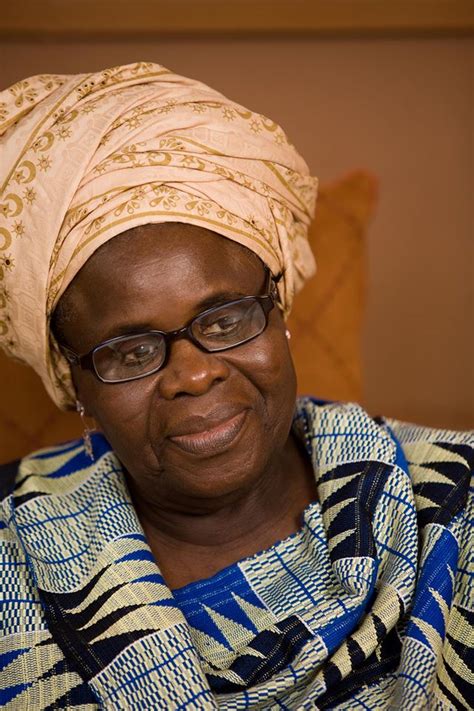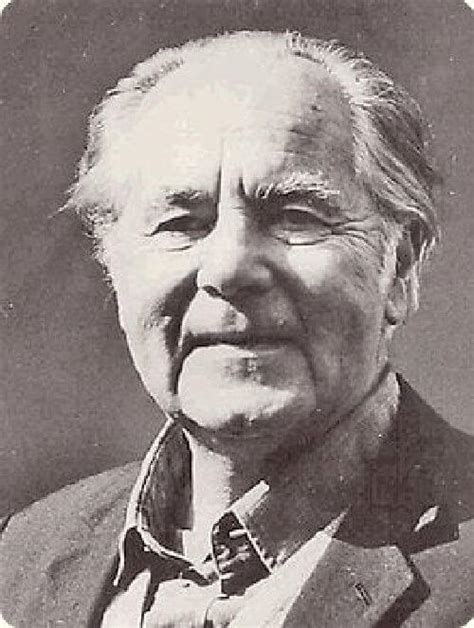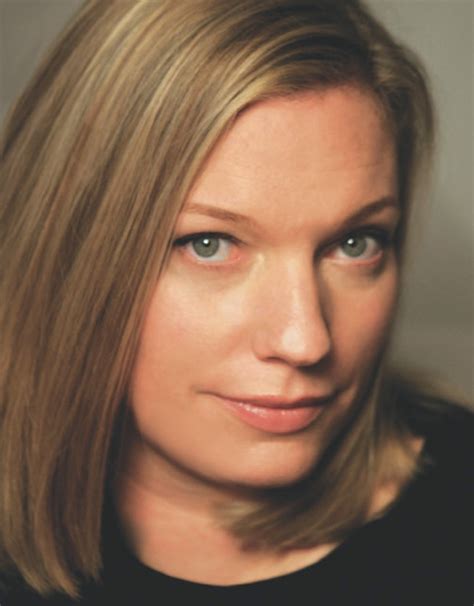A Quote by C. S. Lewis
Notice how we are perpetually surprised at Time. ('How time flies! Fancy John being grown-up and married! I can hardly believe it!') In heavens name, why? Unless, indeed, there is something in us which is not temporal.
Related Quotes
Actually, when John died, for the first time I thought - for the first time I realized how old I was, because I'd always thought of myself - when John was alive I saw myself through his eyes and he saw me as how old I was when we got married - and so when he died I kind of looked at myself in a different way. And this has kept on since then. The yellow corvette. When I gave up the yellow corvette, I literally gave up on it, I turned it in on a Volvo station wagon.
Four or five years - nothing at all. But no one over thirty could understand this peculiarly weighted and condensed time, from late teens to early twenties, a stretch of life that needed a name, from school leaver to salaried professional, with a university and affairs and death and choices in between. I had forgotten how recent my childhood was, how long and inescapable it once seemed. How grown up and how unchanged I was.
One of the ways in which writers most show their inventiveness is in the things they tell us about how they write. Generally speaking, I don't like to make a plan before I've written a story. I find it kills the story - deadens it, makes it uninteresting. Unless I'm surprised by something in a story, the reader's not going to be surprised either.
If I've learned anything, it's there's just no drama, which is awesome. I've also just learned to read when it's a good time to talk about something serious and when it's not. And whenever I start to have a conversation with them, and I kind of see their eyes start to glaze over, I'm like, 'Okay, another time is better.' You learn how to compromise and you learn how to read each other. Honestly, being in a band with two guys has prepared me so much for when it's time for me to get married!
...To free humanity of time. For time is the great enslaver of us all. Time that ages us, time that limits us. Think how often you have wished to have more time for something, or wished you could go back a day and do something differently. When humanity is freed of time, old wrongs can be corrected before they are done.
"Give us this day our daily bread," by "this day" we mean "at this time," when we either ask for that sufficiency, signifying the whole of our need under the name of bread, which is the outstanding part of it, or for the sacrament of the faithful, which is necessary at this time for attaining not so much this temporal as that eternal happiness.




































